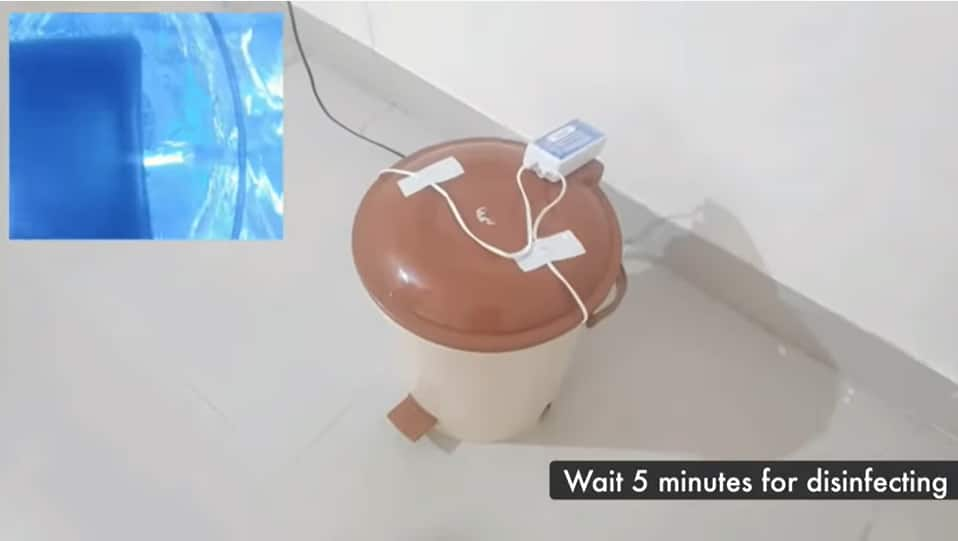



The coronavirus (COVID-19) outbreak has led to a concern about infection spread from essential goods like vegetables, packed food and milk, fruits, cash notes. To deal with this problem, two Indian Institute of Technology (IIT) Bombay alumni startups have developed a prototype that attempts to kill virus using Ultraviolet C (UVC) lights.
This prototype has been developed by GTarang Energy Solutions and Manastu Space Technologies.
In an interaction with Moneycontrol, Ratnesh Mishra, co-founder of GTarang Energy Solutions, said that the cost of the device could be in gteh range of Rs 1,000- Rs 1,500.
"We are looking looking for partnerships in manufacturing and distribution. We would also want to do more trials of the product with the local governments," he said.
Among the target audience will be households, shopkeepers and delivery firms. Mishra added that the biggest focus segment will be households across the country.
Studies suggest that COVID-19 may persist on surfaces for a few hours or up to several days. This may vary under different conditions depending on the type of surface, temperature or humidity of the environment.
The prototype created by these startups can also be used on items like keys, mobile phone, wallet and cash notes.
 Sanitisation box prototype developed by GTarang Energy and Manastu Space
Sanitisation box prototype developed by GTarang Energy and Manastu SpaceMishra explained that it is the UVC lights that are effective in killing viruses. He added that countries like China are already using UVC lights for disinfecting surfaces especially in sensitive places like hospitals.
Also Read: Live updates about COVID-19 pandemic in India
UVC is a short wavelength ultraviolet rays that uses heat to break apart DNA so that the virus is neutralised. In the prototype developed, it takes five minutes to disinfect the product. Once the light changes from red to green, the product can be taken out of the box.
The prototype has an automatic sensor to avoid human exposure to UVC. This is because UVC lights are supposed to be harmful to human skin and eyes.
Follow our full coverage of the coronavirus pandemic here.
Discover the latest Business News, Sensex, and Nifty updates. Obtain Personal Finance insights, tax queries, and expert opinions on Moneycontrol or download the Moneycontrol App to stay updated!
Find the best of Al News in one place, specially curated for you every weekend.
Stay on top of the latest tech trends and biggest startup news.